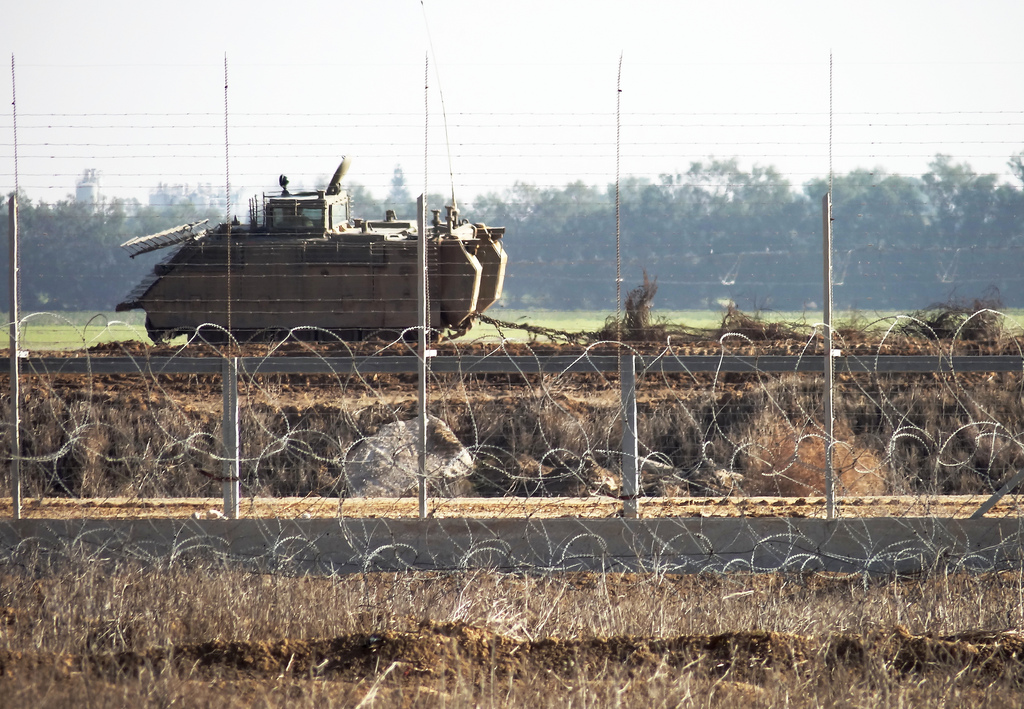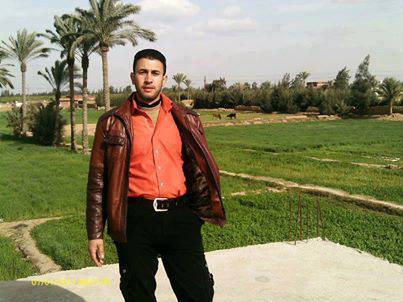Tag: Khuza’a
-
Gaza man “kidnapped” by Israel in Sinai, says family
11th October 2013 | The Electronic Intifada, Joe Catron | Khan Younis, Occupied Palestine The abduction of a Palestinian-Egyptian from the Sinai on the eve of Egypt’s 3 July coup has highlighted the network of collaborators and agents working with Israel in the peninsula. Wael Abu Rida crossed the Rafah border from Gaza into Egypt on 6 June with his family, including…
-
Israel exploits Egypt turmoil to increase attacks on Gaza farmers
18th September 2013 | The Electronic Intifada, Joe Catron | Gaza City, Occupied Palestine Farming in the Gaza Strip’s “buffer zone” is hazardous under the best circumstances. Israeli troops routinely shoot live ammunition at Palestinian farmers in the free-fire area, which stretches hundreds of meters into the besieged territory from the barrier separating it and Israel, and invade their fields…



